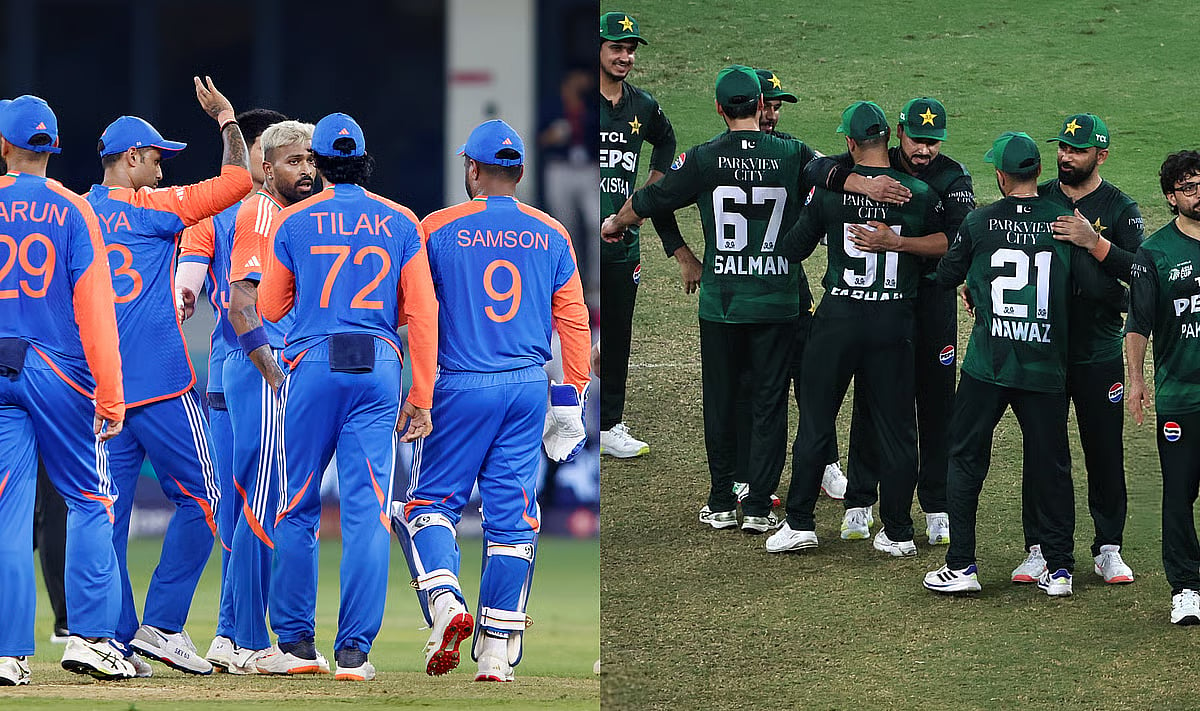It is a pity that the political cloud hanging over the Asia Cup has overshadowed the Indian team’s grand victory in the final against Pakistan in Dubai on Sunday. Whatever the rights and wrongs of the Indian cricket establishment cold-shouldering Pakistan, there is no denying that India’s record of seven straight wins, including three against Pakistan, has brought both relief and joy to cricket fans across the country.
The heavy defeats at home against New Zealand and the loss in the Border-Gavaskar Trophy series in Australia last season had put coach Gautam Gambhir under intense scrutiny, with his job on the line. However, he has redeemed himself—first with the Test team’s gallant performance in England this year, and now with India’s ninth Asia Cup title and its second in the T20 format.
Perhaps the most remarkable statistic is that this was the first time in 17 editions, stretching back to 1981, that India and Pakistan have met in the final. The Asia Cup remains the only multinational white-ball tournament on the world cricket calendar since all others have been abolished by the ICC.
In fact, it is the second oldest cricket tournament after the ODI World Cup, which was launched in 1975. The event, therefore, carries far more importance than a simple bilateral match-up, and winning the title retains its prestige.
The burning question doing the rounds is: why did the BCCI send the team at all, knowing full well that it was in the same group as Pakistan and that the two warring nations had every chance of meeting up to three times over the fortnight—which is precisely what occurred?
The stark reason centers around the government’s strong desire to clinch the hosting rights to the 2036 Olympics, for which it has lodged an official bid with the International Olympic Committee (IOC). With cricket returning to the Olympics at Los Angeles in 2028—128 years after its sole appearance—India would be violating the Olympic Charter by boycotting a multilateral tournament involving an Olympic sport.
Some have cited India’s boycott of the Davis Cup final against South Africa in 1974 due to apartheid policies as a precedent. However, this comparison is flawed—tennis was not an Olympic sport at that time. This distinction is crucial.
This is the same reason the government issued visas to the Pakistan hockey team for the recent Asia Cup in Rajgir, Bihar, and the World Para Athletics currently underway in the capital. Pakistan’s decision to skip both events, ostensibly on security grounds, is illogical, and the IOC should consider taking action.
Once world leaders in cricket, hockey, and squash, Pakistani sports today are in the doldrums—save for the reigning Olympic javelin champion, Arshad Nadeem. This marks a significant contrast to their glory days of the 70s and 80s, even as India shows upward growth across multiple sporting disciplines.
https://www.freepressjournal.in/analysis/ind-vs-pak-asia-cup-2025-final-india-wins-amid-on-field-drama
